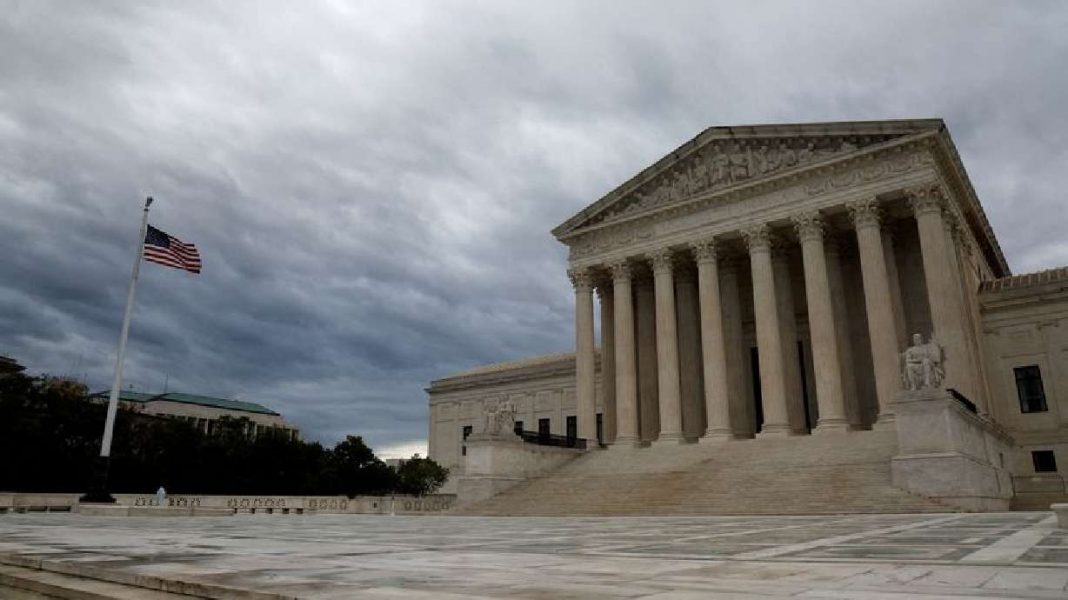WASHINGTON — In a significant development, the Supreme Court on Thursday gave the green light to the Boy Scouts of America’s $2.46 billion settlement with victims of sexual abuse, thereby lifting a temporary halt that had been put in place due to an appeal by 144 former scouts who were against the agreement.
This decision overrules the one made by Justice Samuel Alito on Feb. 16, which had put the settlement on hold to allow the full court more time to review a Feb. 9 request by abuse claimants who were trying to halt the settlement while they pursued appeals.
The Boy Scouts of America had filed for bankruptcy in 2020 following the enactment of laws in several U.S. states that allowed victims to sue over abuse allegations that dated back decades. The organization eventually reached a court-approved settlement in 2022, which would compensate abuse victims with amounts ranging from $3,500 to $2.7 million.
The settlement encompasses over 82,000 men who have claimed they were abused as children by troop leaders while participating in the Boy Scouts. A significant majority, over 86% of abuse survivors, voted in favor of the agreement in bankruptcy court.
The 144 abuse claimants argue that the settlement unlawfully prevents them from filing lawsuits against non-bankrupt entities, such as churches that operated scouting programs, local Boy Scouts councils, and insurers that provided coverage to the Boy Scouts organization.
‘A glimmer of hope’
Adam Slater, an attorney representing claimants who backed the settlement, expressed relief that the Supreme Court did not further impede the Boy Scouts organization’s efforts to compensate abuse victims.
“Given that more than 12,400 survivors in this case are over the age of 70 and more than 2,200 are over the age of 80, these courageous individuals deserve to receive compensation within their lifetimes,” Slater stated.
Gilion Dumas, an attorney representing 67 of the men who have appealed, noted that “the longer this (legal process) goes on, the harder it becomes to reverse” the settlement.
“Securing a Supreme Court stay in a civil case was always a long shot,” Dumas admitted. ”However, we were determined to exhaust all possible avenues to preserve our appeal.”
Their appeal is scheduled to be heard by the Philadelphia-based 3rd U.S. Circuit Court of Appeals on April 9.
‘An emotional rollercoaster’
The men who have appealed the settlement have argued that the Boy Scouts case should remain on hold until the Supreme Court determines whether U.S. bankruptcy courts have the authority to dismiss legal claims against non-bankrupt individuals and organizations. This issue is currently being considered by the justices in a case involving the bankruptcy of OxyContin manufacturer Purdue Pharma.
The Supreme Court will decide whether the owners of Purdue Pharma, members of the affluent Sackler family, can be granted immunity in exchange for paying up to $6 billion to settle thousands of lawsuits over the company’s alleged deceptive marketing of its potent pain medication.
Retired bankruptcy judge Barbara Houser, the trustee responsible for administering the Boy Scouts settlement, announced following the Supreme Court’s decision that she has “resumed all operations, including the evaluation and payment of claims.” The settlement trust has already disbursed nearly $8 million to more than 3,000 abuse claimants.
The Boy Scouts expressed their approval of the Supreme Court’s decision.
“This decision allows the trustee to resume her crucial work of compensating survivors, and it provides a path for the BSA to continue its mission of delivering scouting to more than a million young men and women across the country,” the organization stated.
Douglas Kennedy, an abuse survivor who co-led the official committee representing abuse claimants in the bankruptcy, described the Supreme Court’s swift decision as good news, but acknowledged that it still represented “another emotionally wrenching twist” in the survivors’ years-long pursuit of closure.
“We remain on tenterhooks waiting to see what the final resolution will be in the Purdue case,” Kennedy said.




Agree with decision to allow settlement to move forward.
Agree with decision to allow settlement to move forward.